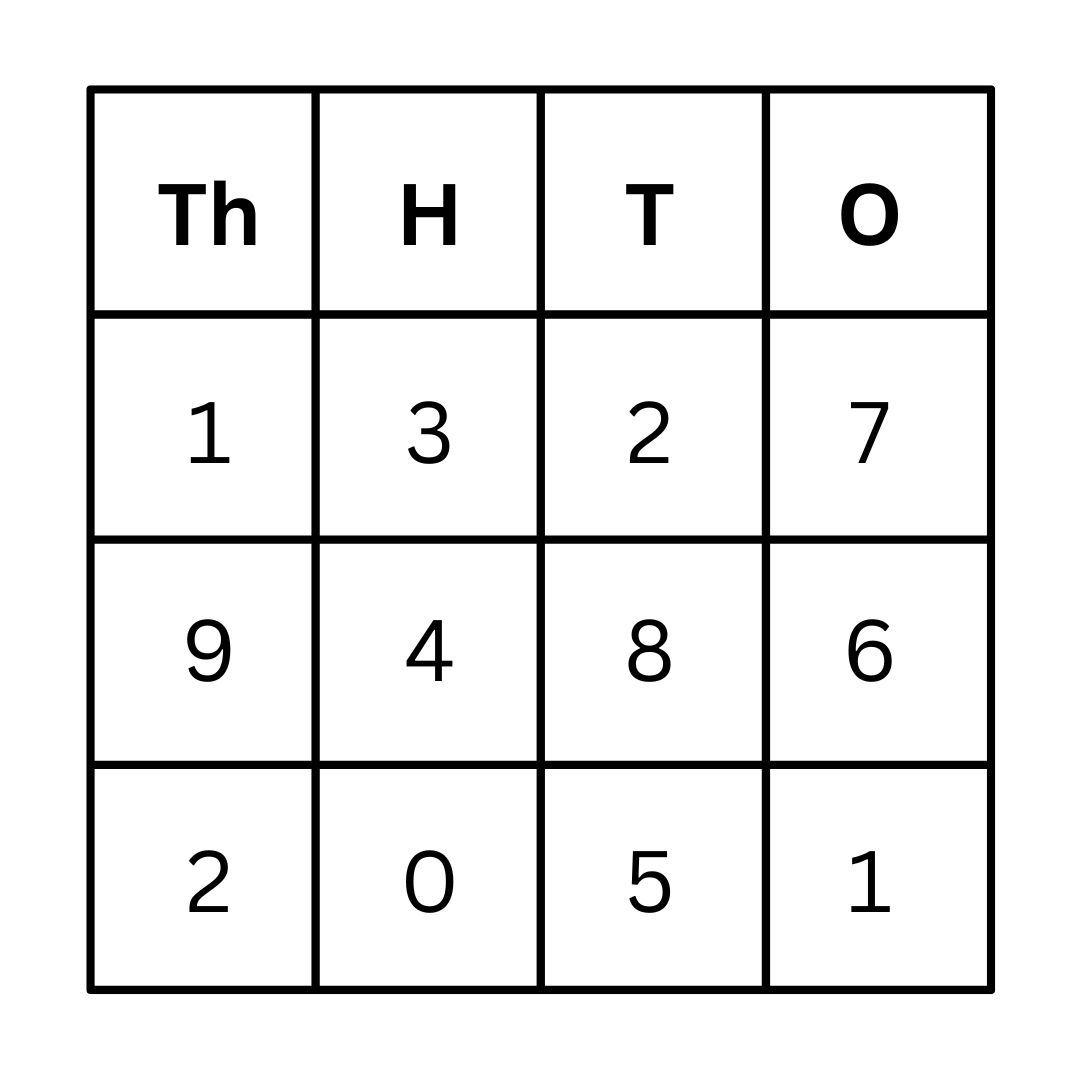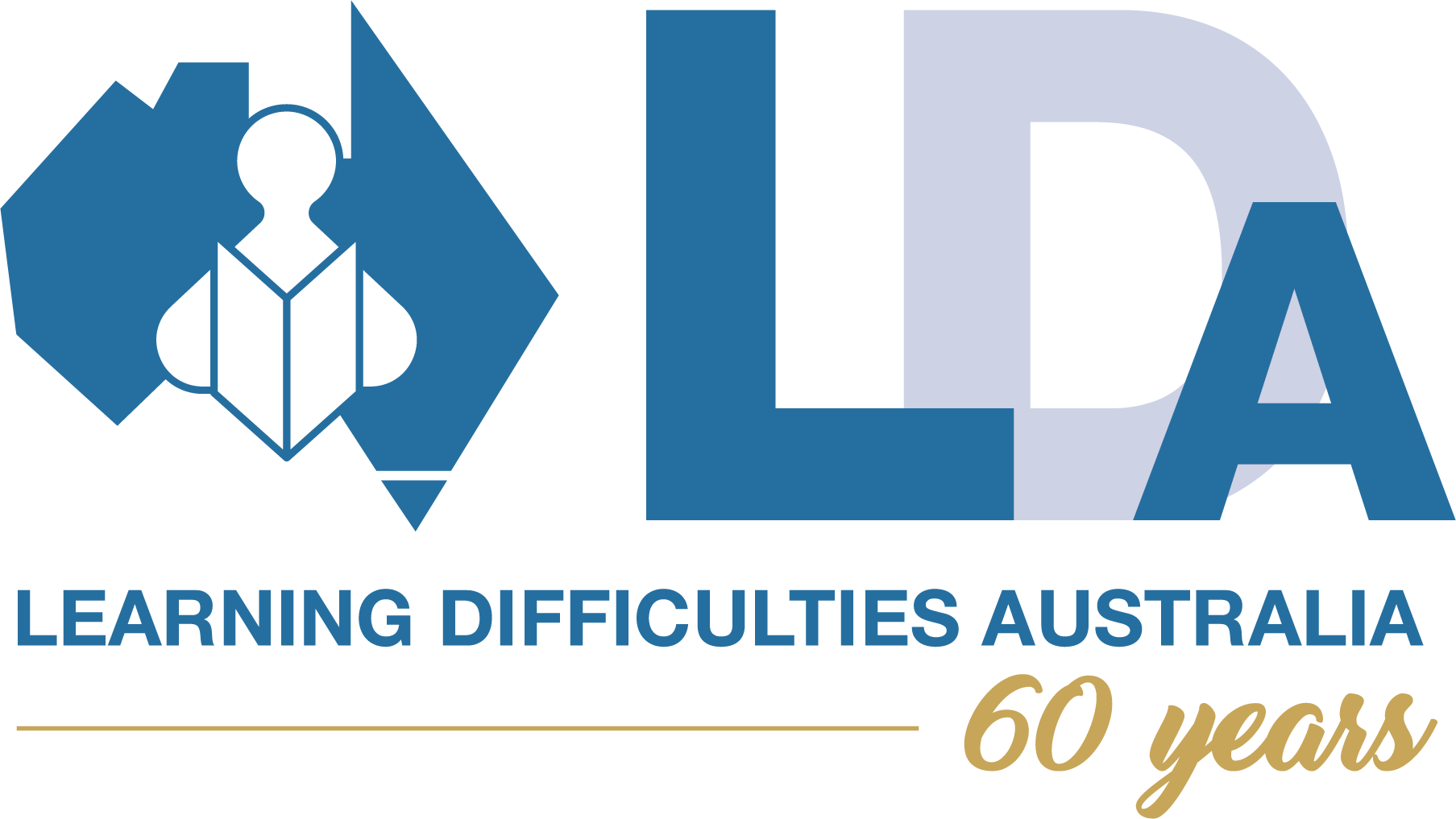

Fact Fluency: The What, Why and How
In this session, Dr Angela Rogers shares the importance of developing a strategic and targeted approach to mathematics fact...
In this session, Dr Angela Rogers shares the importance of developing a strategic and targeted approach to mathematics fact fluency with all students. She will start by exploring the research that underpins fluency development. Angela will explore its place...
In this session, Dr Angela Rogers shares the importance of developing a strategic and targeted approach to mathematics fact fluency with all students. She will start by exploring the research that underpins fluency development. Angela will explore its place in the curriculum and the impact a concentrated approach can have on student confidence, motivation and achievement in mathematics. You will walk away from this session with insights and practical ideas that will support you in implementing a research-informed approach towards fluency development with your students.

Response to Intervention in Maths – Learnings from the Field
This session will cover the journey of establishing an evidence-based Maths Intervention Program within a government primary school context....
This session will cover the journey of establishing an evidence-based Maths Intervention Program within a government primary school context. Useful for school leaders, teachers, intervention teachers and education support staff, Brydon will share her learnings about what works (and...
This session will cover the journey of establishing an evidence-based Maths Intervention Program within a government primary school context. Useful for school leaders, teachers, intervention teachers and education support staff, Brydon will share her learnings about what works (and what doesn't!) in setting up data-driven systems of support, all underpinned by the theoretical frameworks of Response to Intervention (RtI), Cognitive Load Theory, Explicit Direct Instruction and Direct Instruction.

How Leading Countries Teach Mathematics
Embarking on a Churchill Fellowship in 2023 to investigate best practices in mathematics teaching at a primary school level,...
Embarking on a Churchill Fellowship in 2023 to investigate best practices in mathematics teaching at a primary school level, Liana visited 6 countries in 7 weeks: Singapore, Japan, Finland, Estonia, Canada, USA. The presentation focuses on her experiences and...
Embarking on a Churchill Fellowship in 2023 to investigate best practices in mathematics teaching at a primary school level, Liana visited 6 countries in 7 weeks: Singapore, Japan, Finland, Estonia, Canada, USA. The presentation focuses on her experiences and looks at the commonalities and differences between primary mathematics education in Australia and abroad.

Word Problems? No Problem!
Setting up and solving word problems is tricky for many students! In this session, we will review effective word-problem...
Setting up and solving word problems is tricky for many students! In this session, we will review effective word-problem strategies. First, we'll highlight common attack strategies which provide students with a process for approaching word problems. Then, we'll provide...
Setting up and solving word problems is tricky for many students! In this session, we will review effective word-problem strategies. First, we'll highlight common attack strategies which provide students with a process for approaching word problems. Then, we'll provide examples of common schemas featured in many word problems. These schemas represent the conceptual foundation of a word problem. When students use an attack strategy combined with schemas, this approach can make word-problem solving more accessible for students.
Best Practice using an RTI (Response to Intervention) Framework
This course is split over 7 sessions of between 45 mins and 105 mins in length.Our keynote speaker, Dr...
This course is split over 7 sessions of between 45 mins and 105 mins in length.Our keynote speaker, Dr Anita Archer, will discuss explicit instruction in her presentation ‘The Magic is in the Instruction’.Julie Scali will present on the...
This course is split over 7 sessions of between 45 mins and 105 mins in length.Our keynote speaker, Dr Anita Archer, will discuss explicit instruction in her presentation ‘The Magic is in the Instruction’.Julie Scali will present on the Fundamentals of Response to Intervention.Karina Stocker will provide examples of how a school in Melbourne has successfully used MTSS models.Julie Sonnemann will present on ‘What the research says: How to embed small group tuition in schools?’Screening assessments and setting targets will be discussed with Dr Robyn Wheldall, Dr Nicola Bell, Dr Siobhan Merlo and Julie Scali).Emeritus Professor Louise Spear-Swerling will present on Identifying common types of reading difficulties.Alison Madelaine will present on designing Tier 3 interventions.

Numeracy Language Promotion in Secondary Schools
This session by Erin Rollason will unfold the importance of language in numeracy, and how to promote numeracy knowledge...
This session by Erin Rollason will unfold the importance of language in numeracy, and how to promote numeracy knowledge and skills for secondary school students with learning difficulties. Areas that will be covered in this presentation are language in...
This session by Erin Rollason will unfold the importance of language in numeracy, and how to promote numeracy knowledge and skills for secondary school students with learning difficulties. Areas that will be covered in this presentation are language in everyday numeracy, how to support numeracy language and understanding, at school and at home (i.e. morphology, strategies, executive functioning strategies- visual organisers, and the learning environment).
